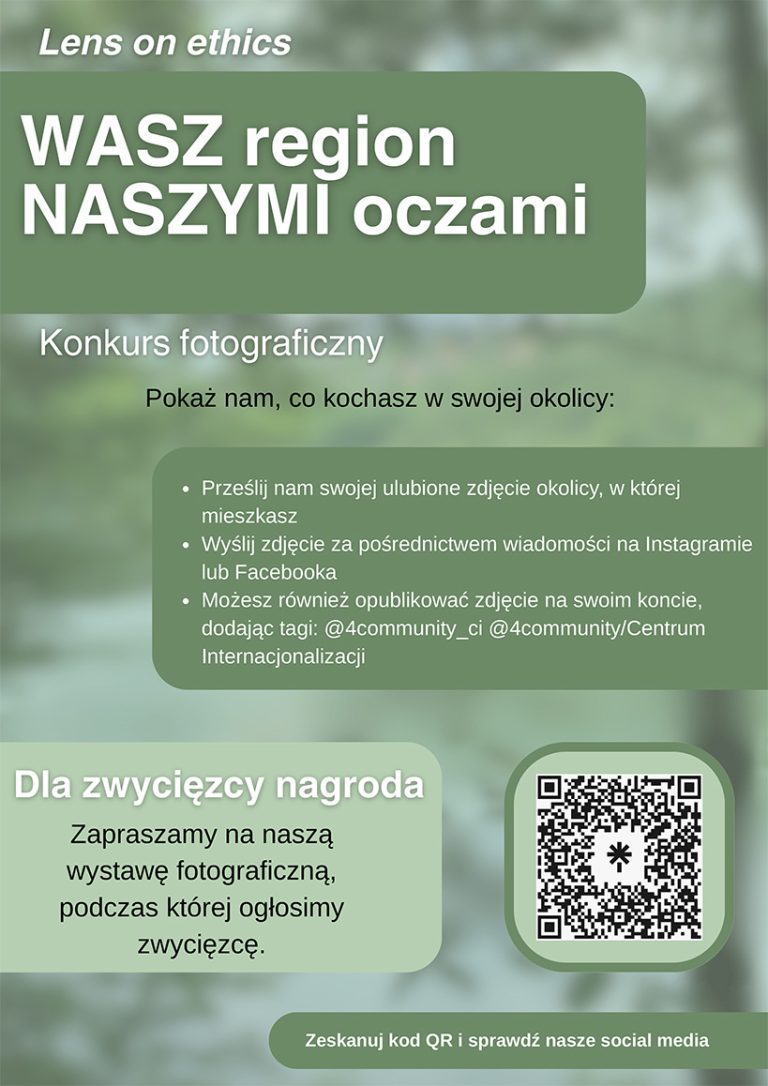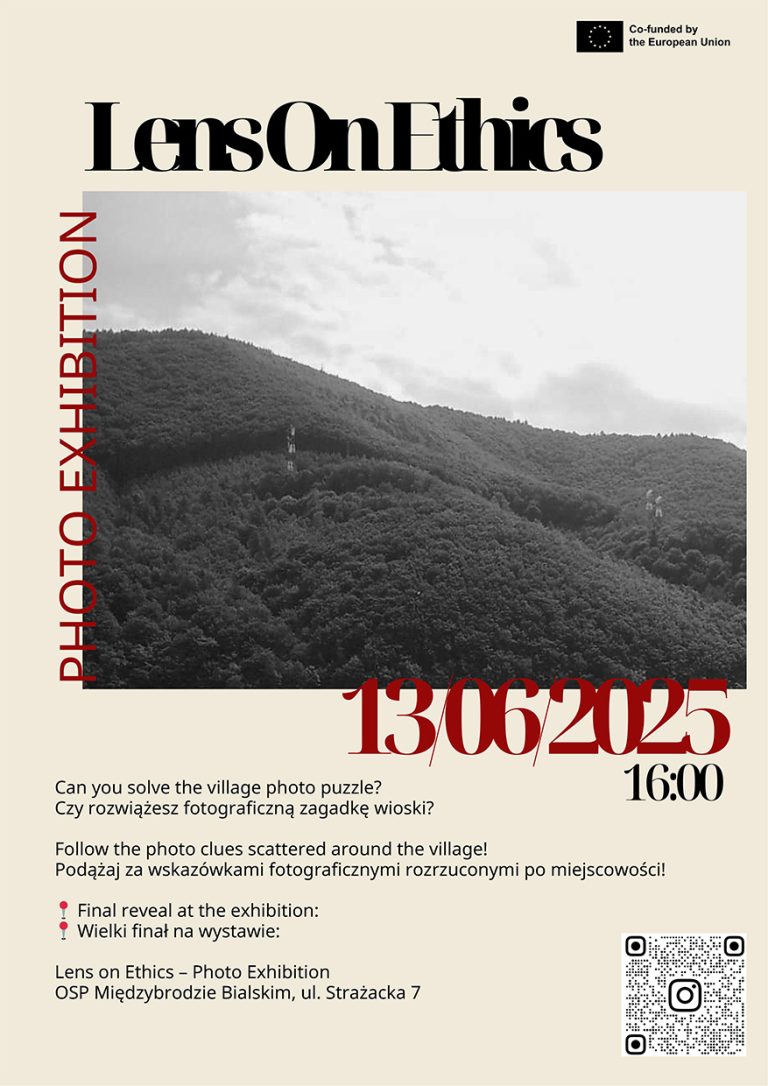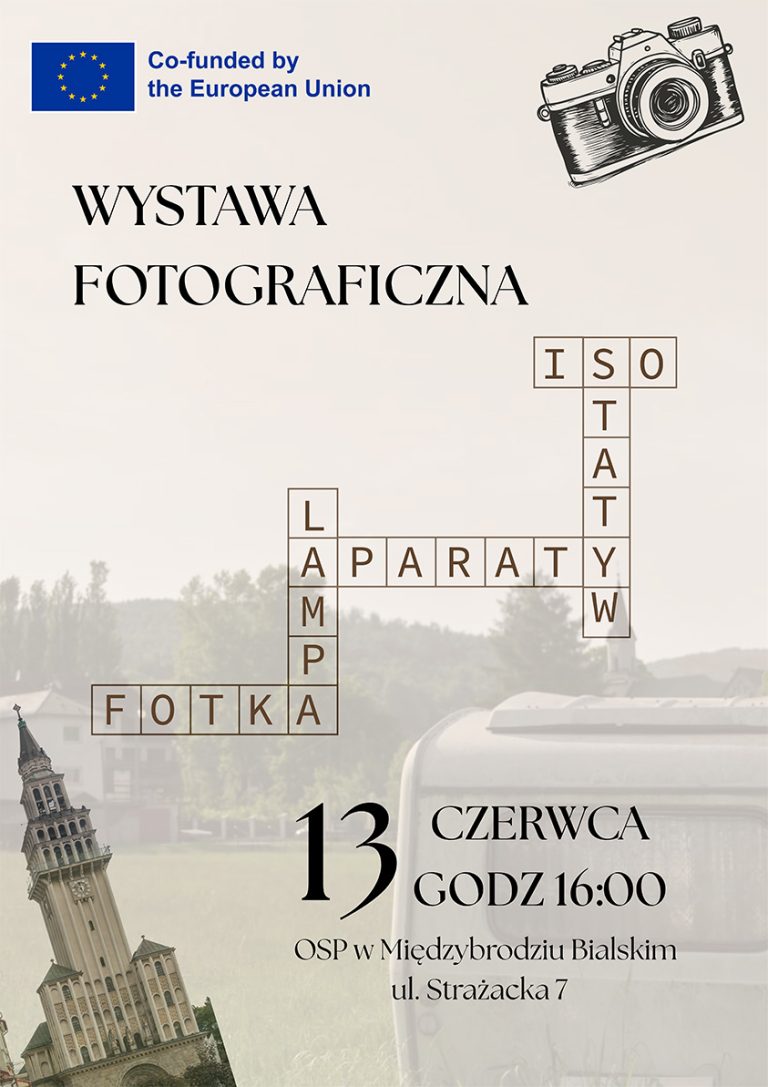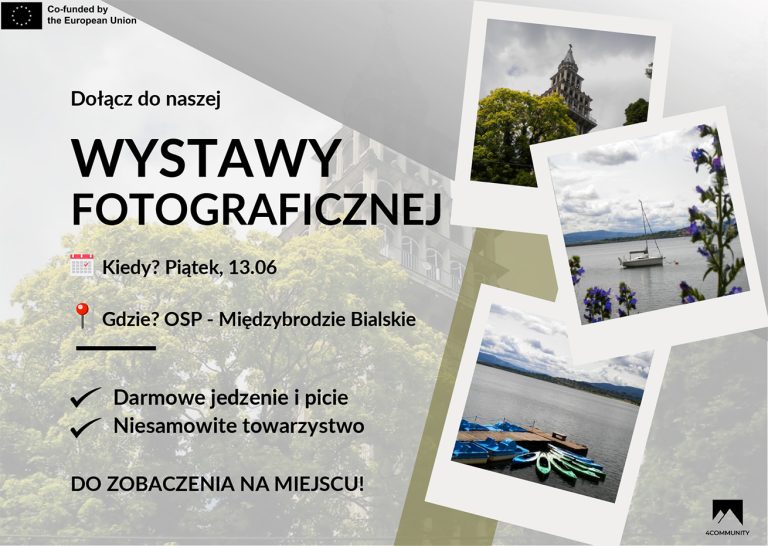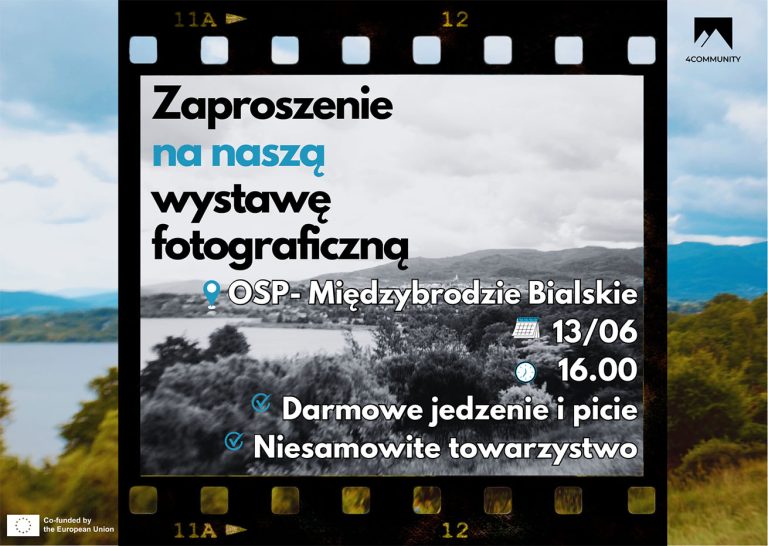
Lens on Ethics
Project Duration:
March 1, 2025 – October 31, 2025 (8 months)

Ethical Digital Media
ABOUT THE PROJECT
“Lens on Ethics – Creating a Better Online World and Photography with Values” (acronym: ONE) is an international youth mobility project under Erasmus+ KA152-YOU, coordinated by 4COMMUNITY (Poland), with partners from the Czech Republic, Italy, the Netherlands, and Ireland. The project runs from March 1st to October 31st, 2025, and brings together 50 young participants (aged 18–30) to explore ethical communication and cultural expression in the digital world through photography.
PROJECT GOALS
- Enhance digital competence
- Promote European values
- Develop photography and media skills
- Encourage critical thinking
- Support mobility and career development


PROJECT ACTIVITIES
- Photography Workshops: Learning professional photography techniques.
- Media Literacy and Digital Ethics Sessions: Raising awareness about digital safety.
- Self-Presentation & Confidence-Building Workshops: Teaching effective online presence.
- Cultural Evenings: Promoting intercultural exchange.
- Social Campaign Creation: Producing engaging content.
- Public Photography Exhibition & Street Survey: Engaging the local community in discussions.
EXPECTED IMPACT & RESULTS
- Raising awareness about digital ethics
- Strengthening international collaborations
- Creating an online repository of ethical photography guidelines
- Producing a social media campaign
- Organizing a photographic exhibition
- Reaching a minimum of 10,000 people
Work of our participants




WHY THIS PROJECT MATTERS
In today’s digital world, where images and messages spread faster than ever, educating young people on ethical communication and responsible content creation is crucial. The Lens on Ethics project addresses a growing need to empower youth with the tools to express themselves authentically and thoughtfully online, while also promoting cultural diversity and European values. By combining photography with digital literacy and social awareness, the project not only strengthens participants’ personal and professional skills but also contributes to building a more respectful, inclusive, and conscious online community.
PARTNERS & COLLABORATORS
- 4COMMUNITY (Poland) – Project Coordinator
- CEIPES
- The 8 Training Institute (Netherlands)
- Work Experience Agency Ltd (Ireland)
- Laniakea, o.p.s. (Czech Republic)
Follow the Project
Stay updated by following our Facebook for behind-the-scenes content and project updates!













Exhibition Lens on Ethics
On June 13, 2025, in the scenic village of Międzybrodzie Bialskie, a unique photography exhibition took place as the highlight of an international youth exchange organized under the Erasmus+ project „Lens on Ethics – creating a better online world and photography with values.”
The exhibition showcased works created by participants from various European countries who explored the themes of ethics in photography and social media, practiced self-presentation, developed skills in building a conscious online presence, and deepened their understanding of each other’s cultural heritage.
This artistic display served as a response to the challenges of the digital era. It emphasized the importance of responsible content creation, the value of diversity, and the power of photography as a tool for cultural expression and social reflection. The photographs documented not only project activities and creative exploration but also the emotions and values that emerged through intercultural collaboration.
The exhibition was open to the local community, offering a space for dialogue about the role of young people in shaping an ethical digital environment. It was accompanied by a street survey where youth engaged residents in conversations about their views on content shared online.

Video clips from participants

Funded by the European Union. The views and opinions expressed are those of the author(s) only and do not necessarily reflect those of the European Union or the European Education and Culture Executive Agency (EACEA). Neither the European Union nor EACEA can be held responsible for them.

